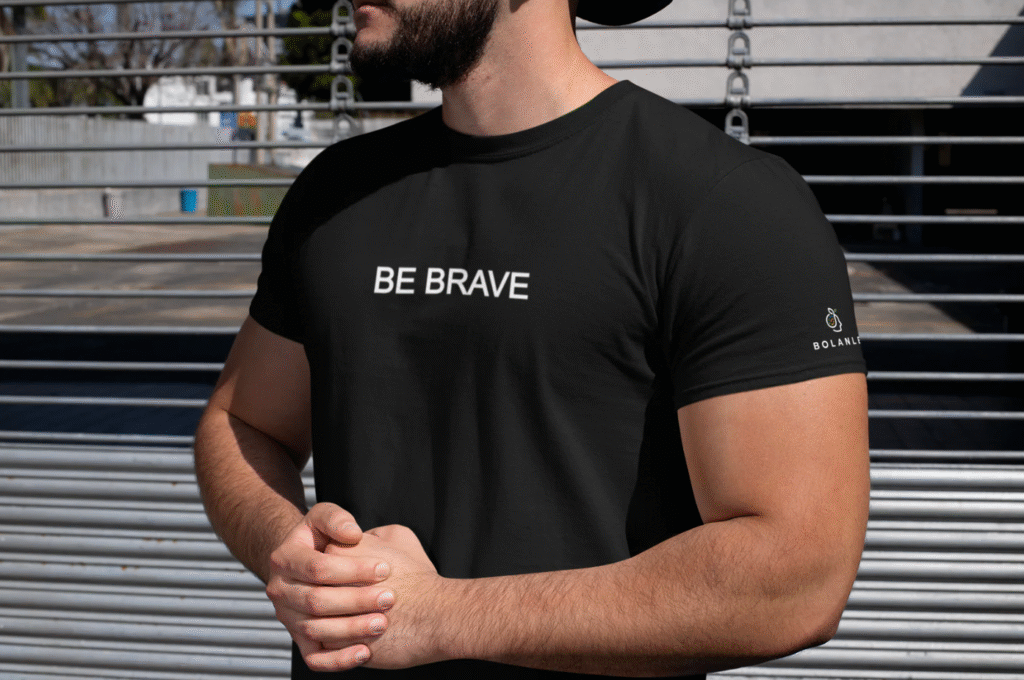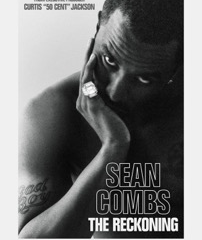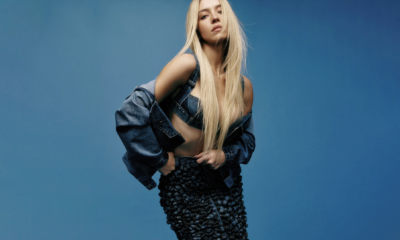Entertainment
Drake Sues UMG Over Kendrick Lamar Hit
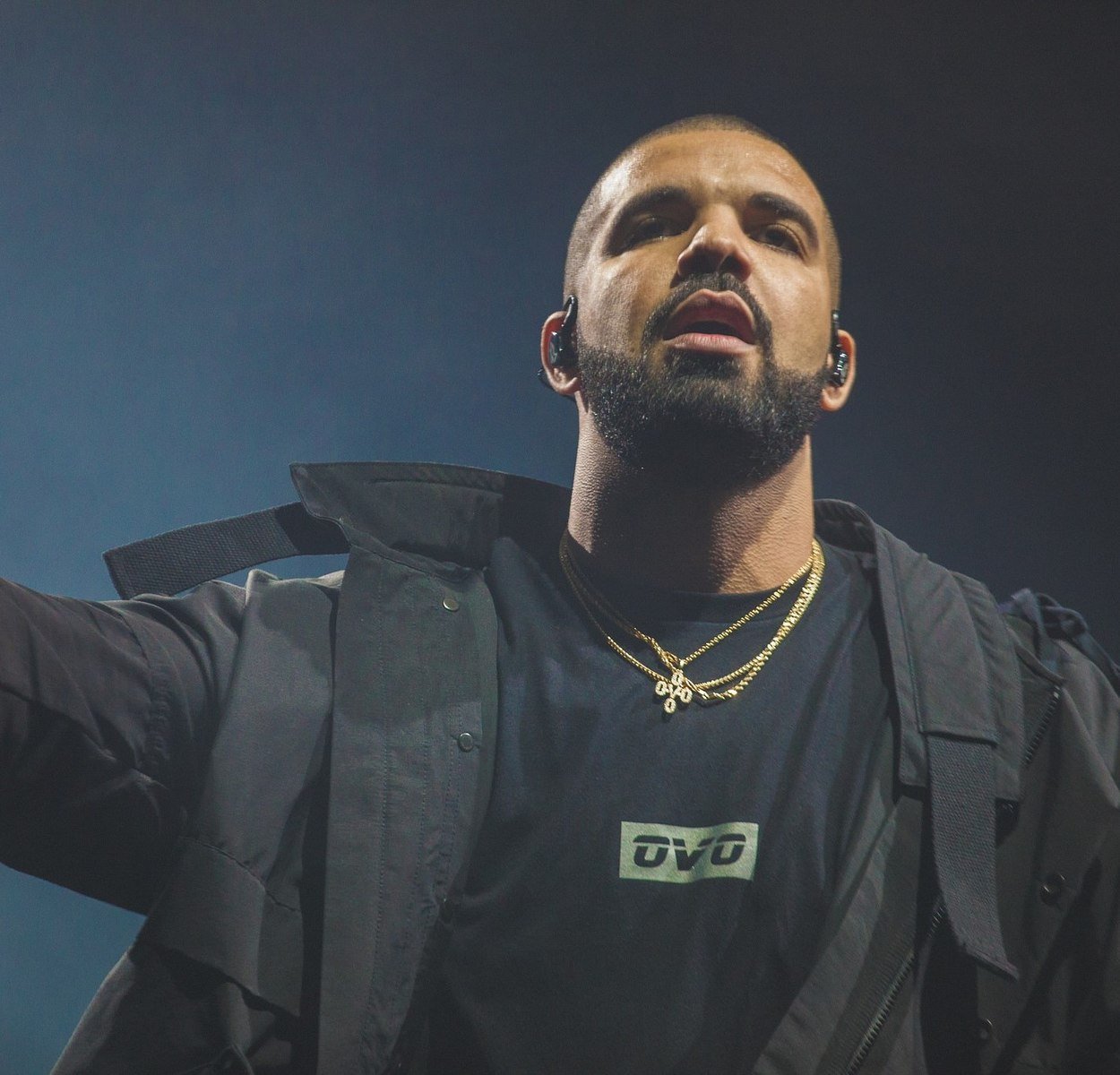
Legal Fallout From Hip-Hop’s Biggest Rap Battle
The rap feud that dominated headlines in 2024 is far from over. While the back-and-forth diss tracks between Drake and Kendrick Lamar have cooled, the conflict has now spilled into the courtroom. Drake is suing his own label, Universal Music Group (UMG), accusing it of orchestrating a scheme to damage his reputation by heavily promoting Lamar’s chart-topping diss record Not Like Us.
According to court filings, Drake claims UMG not only enabled Lamar’s surge with the track but also “aggressively promoted” it despite knowing the narrative it spread was harmful to him. The rapper is seeking access to UMG’s unredacted contract with Kendrick Lamar, aiming to prove the company prioritized Lamar’s success at his expense.
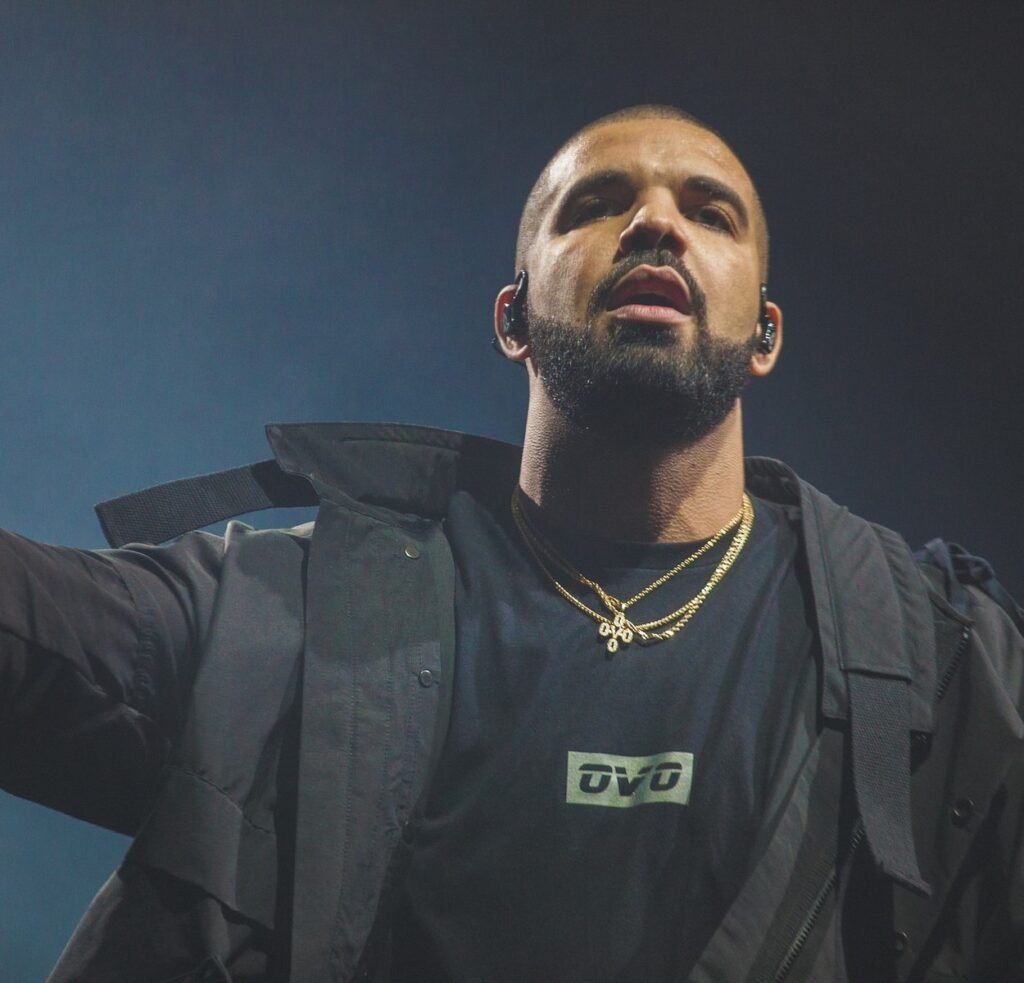
UMG Pushes Back, Denies Drake’s Allegations
UMG CEO Lucian Grainge has dismissed Drake’s allegations as “ridiculous” and “nonsensical,” highlighting that the company has invested heavily—hundreds of millions of dollars—into Drake’s career. The label argues that supporting Lamar’s success does not diminish Drake’s standing, and that his defamation claims are groundless.
Grainge further accused Drake of attempting to harass and intimidate rather than pursue a legitimate legal grievance. Despite Lamar not being listed as a defendant, his role in the case looms large, given that Not Like Us became both a commercial and cultural juggernaut, especially after a celebrated Super Bowl halftime performance.
From Rap Beef to Court Battle
Legal analysts point out that diss tracks have long been a staple of hip-hop culture—a verbal battlefield where exaggerations and personal shots are the norm. But for Drake to escalate artistic rivalry into the judicial system marks a rare and controversial move that some see as damaging to his credibility within rap’s competitive tradition.
Cultural critics stress that the lawsuit risks prolonging the sting of what fans and observers largely viewed as a decisive win for Lamar. Instead of letting the battle fade, the legal fight may give the beef lasting power in the public eye.
What Happens Next
The case remains in the discovery phase, with Drake’s team submitting expansive requests for contracts, communications, and other internal documents connected to Lamar and Not Like Us. A judge will determine which records UMG must turn over.
Industry insiders believe a settlement may eventually be reached, but if negotiations fail, the case could head toward a full trial—a rare event in hip-hop’s history.
As Drake prepares for his upcoming album Iceman, his legal battle with UMG casts a shadow over what many see as a pivotal moment in his career. For now, fans and the industry alike are left watching closely to see whether this fight reshapes the relationship between rap battles, record labels, and the law.
Entertainment
What We Can Learn Inside 50 Cent’s Explosive Diddy Documentary: 5 Reasons You Should Watch
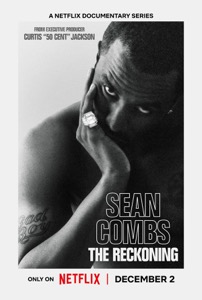
50 Cent’s new Netflix docuseries about Sean “Diddy” Combs is more than a headline-grabbing exposé; it is a meticulous breakdown of how power, celebrity, and silence can collide in the entertainment industry.
Across its episodes, the series traces Diddy’s rise, the allegations that followed him for years, and the shocking footage and testimonies now forcing a wider cultural reckoning.
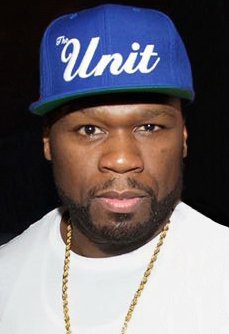
1. It Chronicles Diddy’s Rise and Fall – And How Power Warps Reality
The docuseries follows Combs from hitmaker and business icon to a figure facing serious criminal conviction and public disgrace, mapping out decades of influence, branding, and behind-the-scenes behavior. Watching that arc shows how money, fame, and industry relationships can shield someone from scrutiny and delay accountability, even as disturbing accusations accumulate.
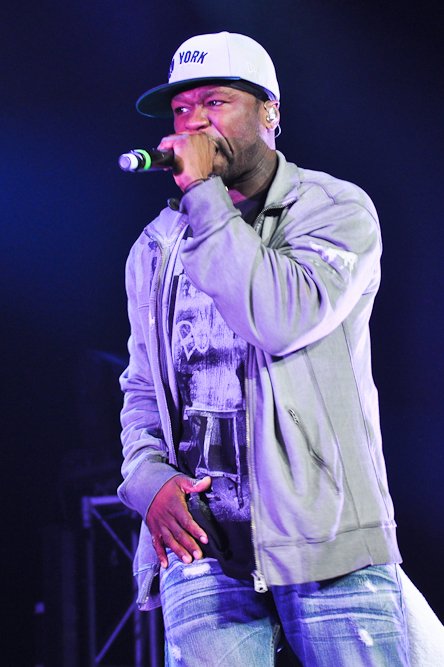
2. Never-Before-Seen Footage Shows How Narratives Are Managed
Exclusive footage of Diddy in private settings and in the tense days around his legal troubles reveals how carefully celebrity narratives are shaped, even in crisis.
Viewers can learn to question polished statements and recognize that what looks spontaneous in public is often the result of strategy, damage control, and legal calculation.
3. Survivors’ Stories Highlight Patterns of Abuse and Silence
Interviews with alleged victims, former staff, and industry insiders describe patterns of control, fear, and emotional or physical harm that were long whispered about but rarely aired in this detail. Their stories underline how difficult it is to speak out against a powerful figure, teaching viewers why many survivors delay disclosure and why consistent patterns across multiple accounts matter.
4. 50 Cent’s Approach Shows Storytelling as a Tool for Accountability
As executive producer, 50 Cent uses his reputation and platform to push a project that leans into uncomfortable truths rather than protecting industry relationships. The series demonstrates how documentary storytelling can challenge established power structures, elevate marginalized voices, and pressure institutions to respond when traditional systems have failed.
5. The Cultural Backlash Reveals How Society Handles Celebrity Accountability
Reactions to the doc—ranging from people calling it necessary and brave to others dismissing it as a vendetta or smear campaign—expose how emotionally invested audiences can be in defending or condemning a famous figure. Watching that debate unfold helps viewers see how fandom, nostalgia, and bias influence who is believed, and why conversations about “cancel culture” often mask deeper questions about justice and who is considered too powerful to fall.
Entertainment
South Park’s Christmas Episode Delivers the Antichrist

A new Christmas-themed episode of South Park is scheduled to air with a central plot in which Satan is depicted as preparing for the birth of an Antichrist figure. The premise extends a season-long narrative arc that has involved Satan, Donald Trump, and apocalyptic rhetoric, positioning this holiday episode as a culmination of those storylines rather than a stand‑alone concept.
Episode premise and season context
According to published synopses and entertainment coverage, the episode frames the Antichrist as part of a fictional storyline that blends religious symbolism with commentary on politics, media, and cultural fear. This follows earlier Season 28 episodes that introduced ideas about Trump fathering an Antichrist child and tech billionaire Peter Thiel obsessing over prophecy and end‑times narratives. The Christmas setting is presented as a contrast to the darker themes, reflecting the series’ pattern of pairing holiday imagery with controversial subject matter.
Public and political reactions
Coverage notes that some figures connected to Donald Trump’s political orbit have criticized the season’s portrayal of Trump and his allies, describing the show as relying on shock tactics rather than substantive critique. Commentators highlight that these objections are directed more at the depiction of real political figures and the show’s tone than at the specific theology of the Antichrist storyline.
At the time of reporting, there have not been widely reported, detailed statements from major religious leaders focused solely on this Christmas episode, though religion-focused criticism of South Park in general has a long history.
Media and cultural commentary
Entertainment outlets such as The Hollywood Reporter, Entertainment Weekly, Forbes, Slate, and USA Today describe the Antichrist arc as part of South Park’s ongoing use of Trump-era and tech-world politics as material for satire.
Viewer guidance and content advisory
South Park is rated TV‑MA and is intended for adult audiences due to strong language, explicit themes, and frequent use of religious and political satire. Viewers who are sensitive to depictions of Satan, the Antichrist, or parodies involving real political figures may find this episode particularly objectionable, while others may view it as consistent with the show’s long‑running approach to controversial topics. As with previous episodes, individual responses are likely to vary widely, and the episode is best understood as part of an ongoing satirical series rather than a factual or theological statement.
Entertainment
Sydney Sweeney Finally Confronts the Plastic Surgery Rumors
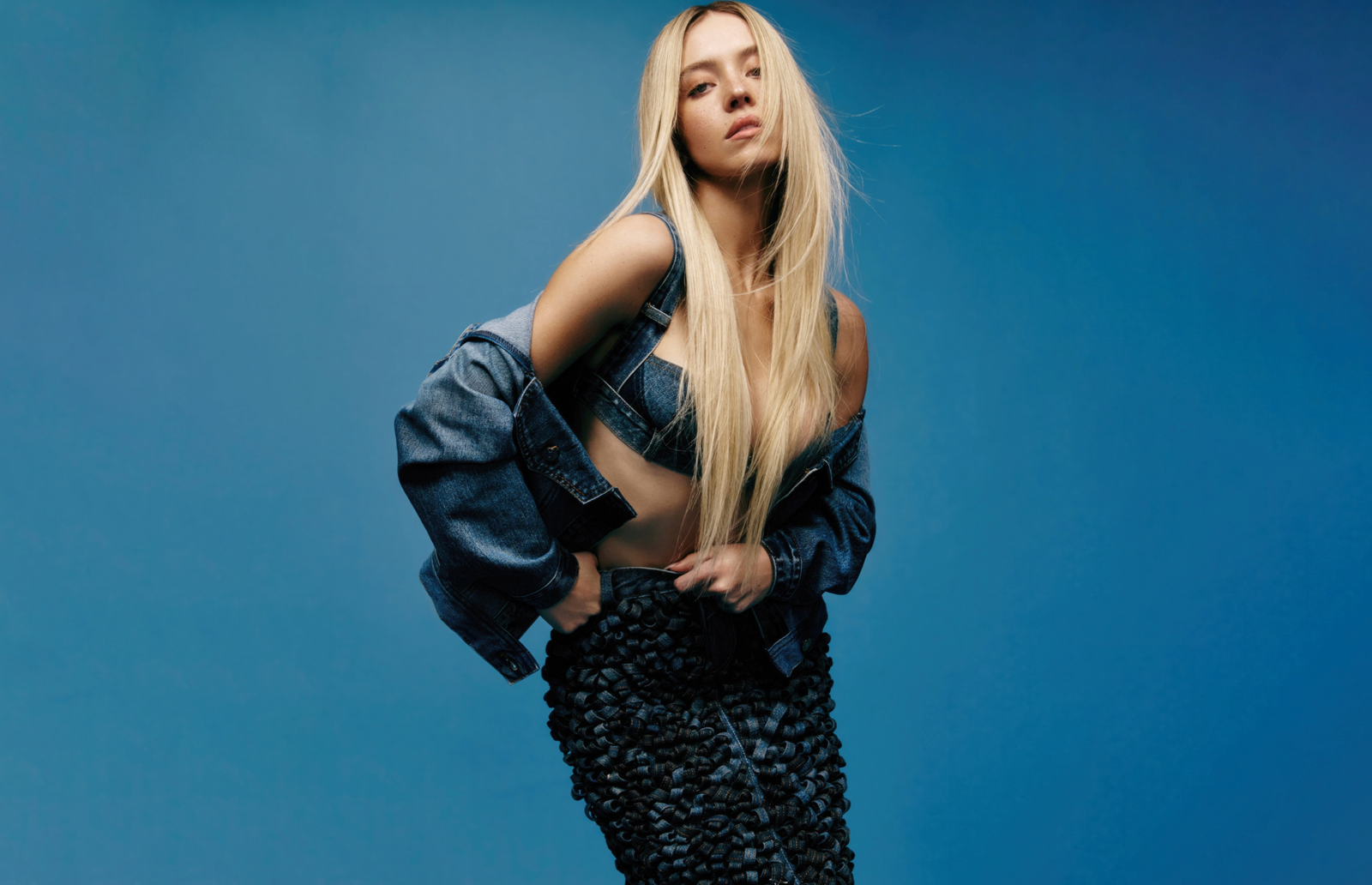
Sydney Sweeney has decided she is finished watching strangers on the internet treat her face like a forensic project. After years of side‑by‑side screenshots, “then vs now” TikToks, and long comment threads wondering what work she has supposedly had done, the actor is now addressing the plastic surgery rumors directly—and using them to say something larger about how women are looked at in Hollywood and online.

Growing Up on Camera vs. “Before and After” Culture
Sweeney points out that people are often mistaking normal changes for procedures: she grew up on camera, her roles now come with big‑budget glam teams, and her body has shifted as she has trained, aged, and worked nonstop. Yet every new red‑carpet photo gets folded into a narrative that assumes surgeons, not time, are responsible. Rather than walking through a checklist of what is “real,” she emphasizes how bizarre it is that internet detectives comb through pores, noses, and jawlines as if they are owed an explanation for every contour of a woman’s face.
The Real Problem Isn’t Her Face
By speaking up, Sweeney is redirecting the conversation away from her features and toward the culture that obsesses over them.
She argues that the real issue isn’t whether an actress has had work done, but why audiences feel so entitled to dissect her body as public property in the first place.
For her, the constant speculation is less about curiosity and more about control—another way to tell women what they should look like and punish them when they do not fit. In calling out that dynamic, Sweeney isn’t just defending herself; she is forcing fans and followers to ask why tearing apart someone else’s appearance has become such a popular form of entertainment.



